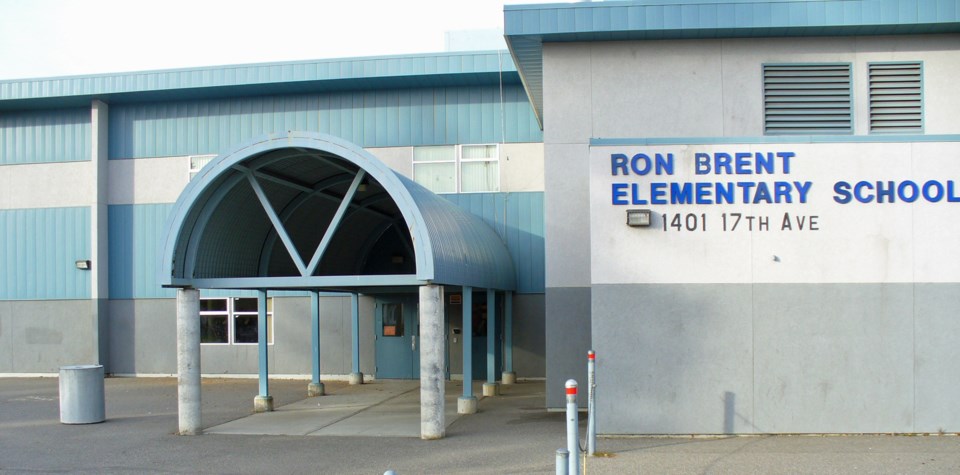Every year, the Fraser Institute publishes its ranking of elementary schools in B.C. And every year, some of the lowest scoring schools are found in the northern and rural regions of the province.
What does this tell us?
To be honest, not a lot in my opinion. The ranking system used by the Fraser Institute is a simplistic model based on a few metrics. Specifically, how students in Grades 4 and 7 do on three tests – reading, writing, and numeracy. A simplistic way of thinking about education.
The model doesn’t really answer the question “How are schools doing?” While the skills assessed in the standardized tests are essential skills, education is about much, much more than learning to read, write, and do arithmetic.
It is a bit like a hockey team assessing their players by having them perform a backhanded pass to the middle of the ice from left wing. It tells you something but not everything you need to know about your players.
There is so much more to an education. Learning social skills, learning soft skills, learning how to interact respectfully, learning how to think critically, and learning how to think, period. None of these are measured by or fit within the Fraser Institute’s rubric.
They also add in the number of tests not written into their analysis. It is a way of punishing teachers and schools which choose not to comply with the standardized testing model. It is not helping schools improve.
To look more closely at the numbers, consider two schools in SD57 – Beaverly and Immaculate Conception. In Grade 4 reading, Beaverly scored 566 and Immaculate Conception 540. In Grade 7 reading, 515 and 518, respectively. The average across all six tests are 522 and 552, respectively. Yet Immaculate Conception is ranked 153 and Beaverly 273. Both are excellent schools despite their relative rankings.
The authors say: “Where parents can choose among several schools for their children, the Report Card provides a valuable tool for making a decision.” I would suggest it does nothing of the sort. And it is certainly not helping improve education.
If you want to know how your child’s school is doing, schedule a visit and see for yourself.
Better yet, ask your child.
Todd Whitcombe is a chemistry professor at UNBC.



